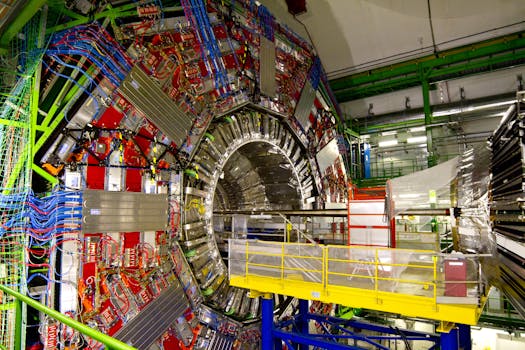
Introduction

Understanding quantum mechanics is essential for grasping the fundamental nature of reality. This branch of physics delves into the behavior of particles at the smallest scales, revealing phenomena that challenge our classical intuitions.
What is Quantum Mechanics?

Quantum mechanics is a fundamental theory in physics that describes how matter and energy behave at microscopic scales. Unlike classical physics, which operates under deterministic principles, quantum mechanics introduces concepts such as superposition and entanglement, leading to probabilities rather than certainties.
The Principle of Superposition

One of the most fascinating aspects of quantum mechanics is the principle of superposition. This principle suggests that particles can exist in multiple states at once until measured. For instance, Schrödinger’s cat thought experiment illustrates how a cat can be simultaneously alive and dead until observed.
Quantum Entanglement

Another key concept is quantum entanglement, where particles become intertwined, and the state of one particle instantly influences another, regardless of distance. This phenomenon has implications for information transfer and has been a topic of interest for quantum computing and cryptography.
Implications for Reality

The implications of quantum mechanics extend beyond physics. They challenge our perceptions of reality, suggesting that observation plays a crucial role in determining outcomes. This has led to philosophical debates about the nature of reality and our role as observers within it.
Conclusion

In conclusion, understanding quantum mechanics opens up new perspectives on reality. It challenges traditional views and invites us to ponder deeper philosophical questions about existence and observation. As research advances, the implications of quantum mechanics will continue to evolve, shaping our understanding of the universe.






